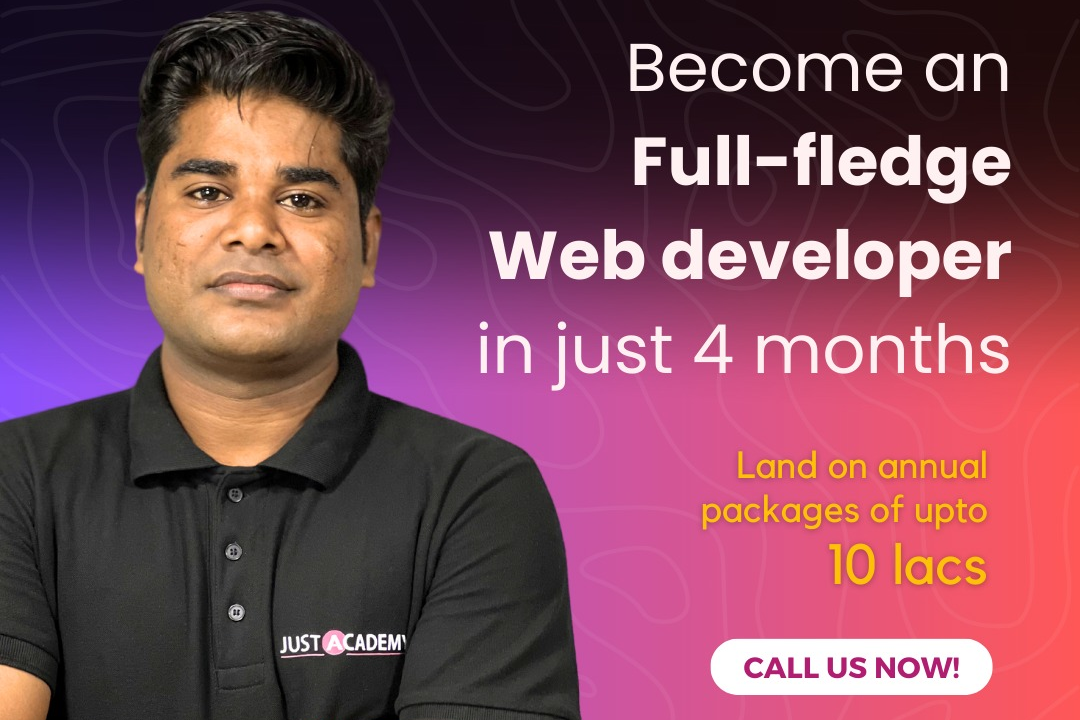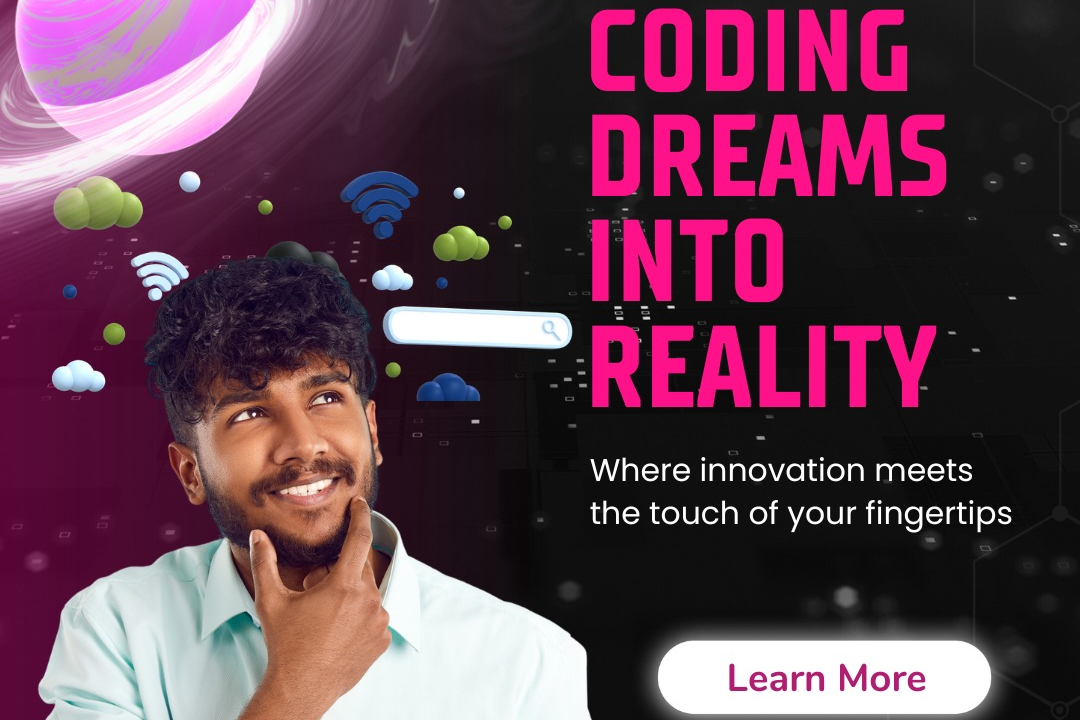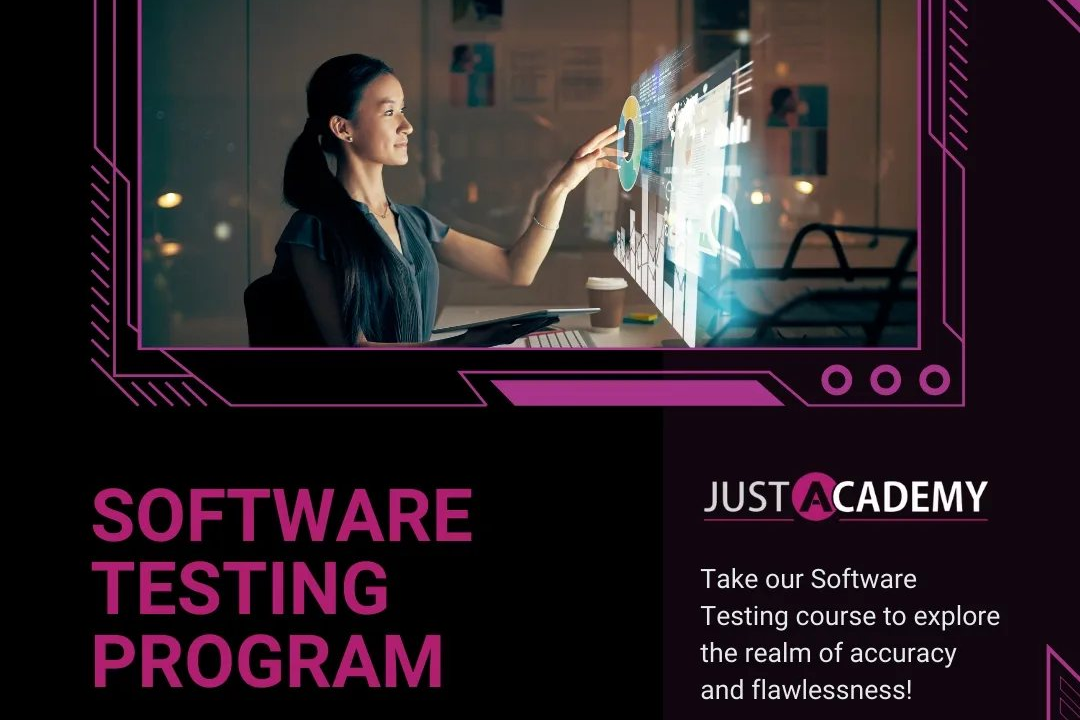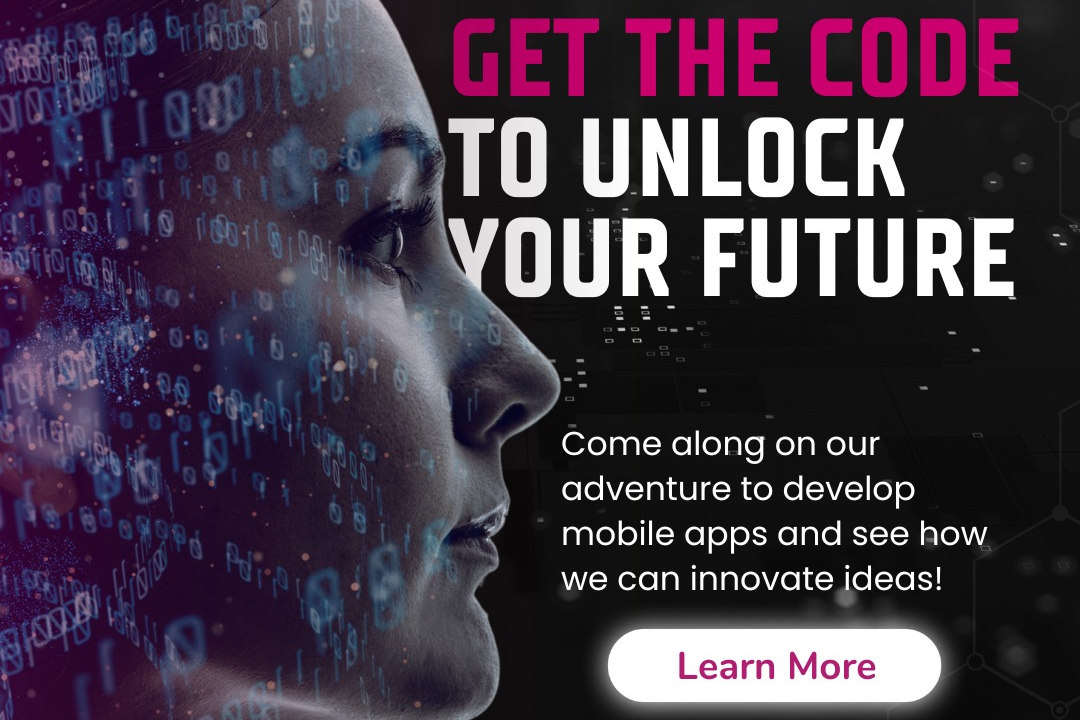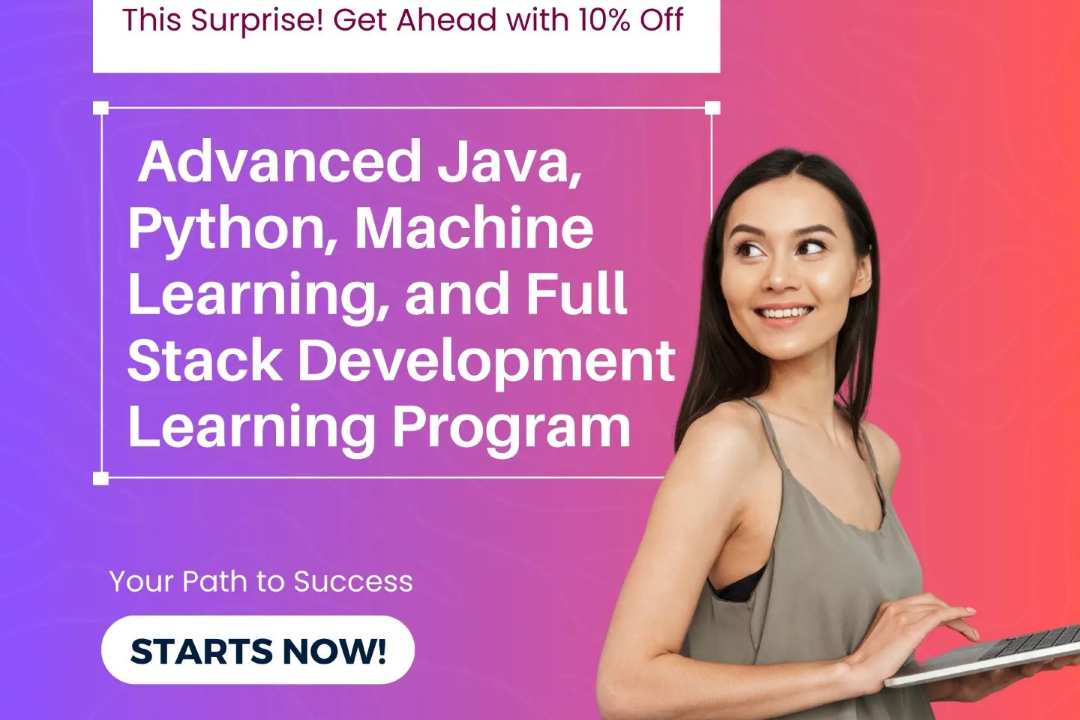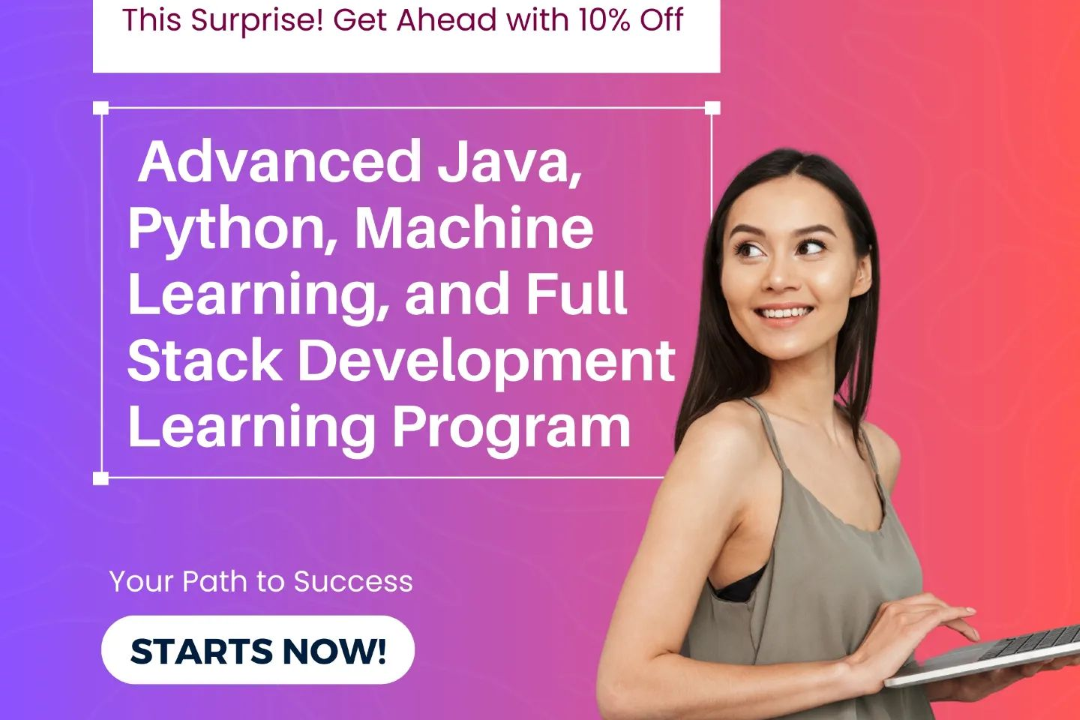Laravel Interview Quetion
Laravel interview questions are a set of inquiries designed to evaluate a candidate's knowledge and
Laravel Interview Quetion
Laravel interview questions are essential for both employers and candidates in the tech industry, particularly in web development. They help gauge a candidate's understanding of the Laravel framework, which is widely adopted for building modern web applications. These questions cover various topics, including routing, Eloquent ORM, middleware, and security practices, enabling interviewers to assess a candidate's technical skills and problem-solving abilities in real-world scenarios. For candidates, preparing for these questions enhances their knowledge and confidence, making them more competitive in the job market while also highlighting their readiness to contribute effectively to projects involving Laravel.
To Download Our Brochure: https://www.justacademy.co/download-brochure-for-free
Message us for more information: +91 9987184296
Laravel interview questions are essential for both employers and candidates in the tech industry, particularly in web development. They help gauge a candidate's understanding of the Laravel framework, which is widely adopted for building modern web applications. These questions cover various topics, including routing, Eloquent ORM, middleware, and security practices, enabling interviewers to assess a candidate's technical skills and problem solving abilities in real world scenarios. For candidates, preparing for these questions enhances their knowledge and confidence, making them more competitive in the job market while also highlighting their readiness to contribute effectively to projects involving Laravel.
Course Overview
The “Laravel Interview Questions” course is designed to equip learners with the essential knowledge and skills to excel in technical interviews focused on the Laravel framework. This course covers a comprehensive range of topics, including routing, controllers, views, Eloquent ORM, middleware, and best practices in application security. Participants will engage with real-time projects and scenarios to apply their learning practically, enhancing their problem-solving abilities and coding proficiency. By the end of the course, learners will confidently tackle common and advanced Laravel interview questions, helping them stand out in the competitive job market and secure their desired positions in web development.
Course Description
The “Laravel Interview Questions” course is meticulously crafted to prepare participants for technical interviews centered around the Laravel framework. This course delves into key areas, including routing, controllers, middleware, Eloquent ORM, and security best practices. Through a mix of theoretical knowledge and hands-on real-time projects, learners will gain a deep understanding of core concepts and develop problem-solving skills vital for success in the industry. By engaging with common and challenging interview questions, participants will enhance their ability to articulate their expertise and demonstrate their proficiency in Laravel, ensuring they are well-equipped to excel in their job applications and technical interviews.
Key Features
1 - Comprehensive Tool Coverage: Provides hands-on training with a range of industry-standard testing tools, including Selenium, JIRA, LoadRunner, and TestRail.
2) Practical Exercises: Features real-world exercises and case studies to apply tools in various testing scenarios.
3) Interactive Learning: Includes interactive sessions with industry experts for personalized feedback and guidance.
4) Detailed Tutorials: Offers extensive tutorials and documentation on tool functionalities and best practices.
5) Advanced Techniques: Covers both fundamental and advanced techniques for using testing tools effectively.
6) Data Visualization: Integrates tools for visualizing test metrics and results, enhancing data interpretation and decision-making.
7) Tool Integration: Teaches how to integrate testing tools into the software development lifecycle for streamlined workflows.
8) Project-Based Learning: Focuses on project-based learning to build practical skills and create a portfolio of completed tasks.
9) Career Support: Provides resources and support for applying learned skills to real-world job scenarios, including resume building and interview preparation.
10) Up-to-Date Content: Ensures that course materials reflect the latest industry standards and tool updates.
Benefits of taking our course
Functional Tools
1 - Laravel Framework: The core focus of the course is the Laravel framework itself, known for its elegant syntax and robust features that streamline web application development. Students will dive deep into its functionality, including routing, middleware, controllers, and Eloquent ORM for database interactions. Through practical examples and real world projects, learners will explore how to create scalable and maintainable applications using Laravel’s MVC (Model View Controller) architecture.
2) Composer: Composer is an essential dependency management tool for PHP projects, and students will learn how to use it effectively within the Laravel ecosystem. The course will cover how to install Laravel and manage project dependencies using Composer, ensuring that learners can easily include libraries and packages in their applications. This knowledge helps students maintain consistent environments and leverage third party tools, enhancing their development capabilities.
3) PHPStorm: As a widely used Integrated Development Environment (IDE) for PHP, PHPStorm boosts productivity with features like smart code completion, error checking, and debugging tools. In this course, students will receive guidance on setting up PHPStorm to optimize their Laravel development workflow. Learning to navigate this IDE effectively will empower students to write cleaner code and streamline their development processes.
4) MySQL: MySQL serves as the relational database management system for Laravel applications. The course will emphasize creating, managing, and querying databases through MySQL, allowing students to understand database design and relationships. Learners will engage with Laravel’s database migration and seeding features, gaining hands on experience in database interactions crucial for any web application project.
5) Git and GitHub: Version control is vital in collaborative development environments, and the course will introduce students to Git and GitHub for managing their code. Participants will learn how to create repositories, track changes, and collaborate with other developers using Git workflows. This foundational knowledge in version control prepares students for real world collaborative projects and enhances their employability.
6) Postman: Postman is a powerful tool for API testing and development, integral to Laravel applications that rely on RESTful APIs. The course will teach students how to use Postman to send requests to their Laravel applications, test endpoints, and validate responses. This practical exposure equips learners with the skills to develop and debug APIs effectively, a crucial aspect of modern web development.
7) Laravel Forge: To simplify server management and deployment, Laravel Forge provides a seamless solution. The training program explores how to provision, deploy, and monitor Laravel applications using Forge, helping students understand the deployment lifecycle and server management. Mastering Forge allows graduates to take their projects from local development to live production efficiently.
8) Visual Studio Code: As a versatile code editor, Visual Studio Code will be introduced as an alternative to PHPStorm. The course will cover extensions and plugins that enhance PHP and Laravel development, providing students with options for customizing their development environment. Understanding how to leverage different tools ensures that students can adapt to various industry practices.
9) Docker: The importance of containerization in modern development practices is a key focus of the course. Students will learn about Docker and how to create isolated development environments for their Laravel applications. By using Docker, learners gain insight into deploying applications consistently across different platforms, making them adaptable to the ever evolving landscape of software engineering.
10) Laravel Nova: For students interested in building administration panels, the course will introduce Laravel Nova, a powerful administration dashboard for Laravel applications. Learners will explore how to integrate Nova into their projects, leveraging its features for resource management and user interface design. Understanding how to utilize tools like Nova prepares students for developing more complex applications with user friendly back end interfaces.
Certainly! Here are additional points that can enrich the Laravel course offering at JustAcademy:
11 - Unit Testing: Unit testing is a crucial aspect of software development, ensuring that individual components of an application work as expected. This course will introduce students to PHPUnit, the testing framework integrated with Laravel. Participants will learn how to write unit tests and feature tests to validate their code, helping to catch bugs early and maintain the application’s reliability over time.
12) RESTful API Development: Students will gain insights into creating RESTful APIs using Laravel, a critical skill for developing modern web applications. The course will cover principles of REST architecture, Laravel’s routing system for APIs, and how to secure API endpoints using authentication methods like Laravel Passport. This knowledge is essential for students looking to build applications that integrate with front end frameworks or mobile applications.
13) Laravel Mix: For those interested in front end development, the course will introduce Laravel Mix, a tool for compiling and optimizing assets like CSS and JavaScript. Students will learn how to use Laravel Mix to manage asset pipelines effectively, enabling them to integrate front end frameworks like Vue.js or React seamlessly into their applications. Understanding asset management is vital for delivering high performance web applications.
14) Queue Management: Handling time consuming tasks in the background is critical for enhancing user experience. This portion of the course will teach students how to implement Laravel’s queue system, which allows for deferred processing of time intensive operations. Participants will explore various queue drivers, scheduling jobs, and learning best practices for maintaining queue workers.
15) Events and Listeners: Understanding the event driven architecture is essential when developing decoupled applications. Students will learn how to create and use events and listeners in Laravel, enabling them to respond to specific actions within their applications. This knowledge helps in creating more modular applications and is key to implementing features like notifications and logging.
16) Middleware: Middleware provides a convenient mechanism for filtering HTTP requests entering an application. The course will cover how to create and utilize custom middleware in Laravel, enabling students to handle cross cutting concerns such as authentication, logging, and CORS in their applications. This foundational knowledge is critical for securing and managing the application flow effectively.
17) Laravel Horizon: For those working with queues, Laravel Horizon offers a beautiful dashboard and monitoring system for Redis queues. The course will introduce students to Horizon, showing them how to monitor their queues, check job statuses, and gain insights into application performance. Understanding how to leverage Horizon enhances students’ ability to manage background jobs efficiently.
18) Authentication and Authorization: Securing applications against unauthorized access is a top priority for developers. The course will cover Laravel’s built in authentication system, including user registration, login, and password management. Students will also learn about authorization techniques, exploring gates and policies to manage user permissions effectively within their applications.
19) Deployment and CI/CD Strategies: Students will learn about deployment best practices and continuous integration/continuous deployment (CI/CD) methodologies through platforms like GitHub Actions or GitLab CI. Understanding how to automate the deployment process ensures that students can deploy robust applications efficiently, reducing potential downtime and manual errors.
20) Laravel Livewire: As a modern approach to building dynamic interfaces in Laravel projects, Livewire allows developers to create interactive UIs without needing to write any JavaScript. The course will cover how to build complex interfaces rapidly and enhance user experience through powerful, data driven components. This skill is invaluable for creating single page applications (SPAs) with ease.
21 - Caching Strategies: Performance optimization is key to delivering fast applications. This part of the course will explore the various caching options provided by Laravel, including in memory caching with Redis and file caching. Students will learn when and how to implement caching to improve response times and reduce server load, ensuring efficient application performance.
22) Security Best Practices: Security is paramount in application development, and this course will cover security strategies specific to Laravel. Topics include SQL injection prevention, XSS (Cross Site Scripting) defenses, CSRF (Cross Site Request Forgery) protection, and securing sensitive data. By understanding these practices, students can build secure applications that protect user data.
23) Localization and Internationalization: As applications often serve a global audience, students will learn the concepts of localization (l10n) and internationalization (i18n) using Laravel. The course will teach how to manage language files and create multilingual applications, enabling students to reach broader demographics.
24) Real time Broadcasting: For developing interactive applications, real time capabilities are increasingly important. Students will be introduced to Laravel Echo and broadcasting features, learning how to implement real time notifications and updates in their applications. Understanding real time communication prepares them for modern application needs.
25) Scalability and Performance Tuning: The course will touch on scalability considerations, including database optimization, load balancing, and microservices architecture. Students will learn best practices for performance tuning to ensure their applications can handle increased traffic and usage efficiently.
These topics will provide a comprehensive and well rounded curriculum, equipping students with the skills necessary to excel in Laravel development and enhance their employment prospects with real world project experience.
Browse our course links : https://www.justacademy.co/all-courses
To Join our FREE DEMO Session:
This information is sourced from JustAcademy
Contact Info:
Roshan Chaturvedi
Message us on Whatsapp:
Email id: info@justacademy.co
Certified React Native Training Course With 100% Placement In Shirdi

